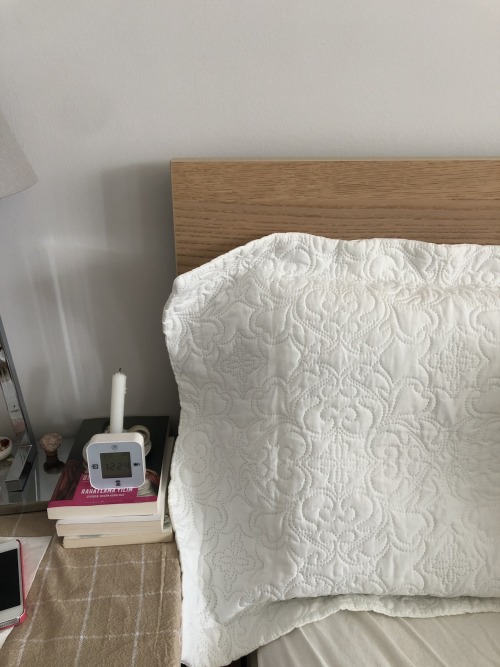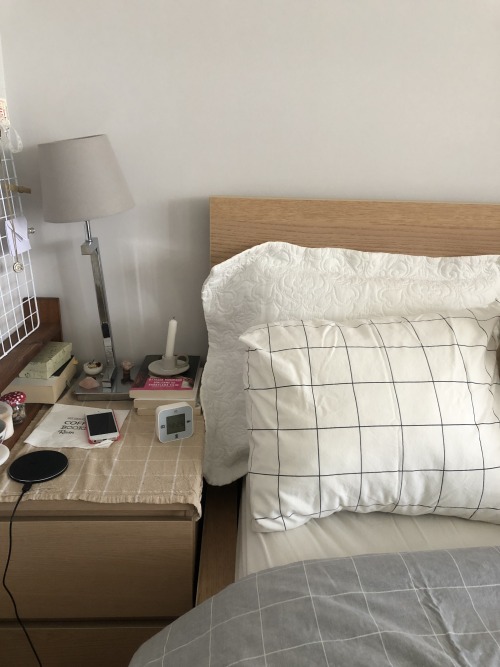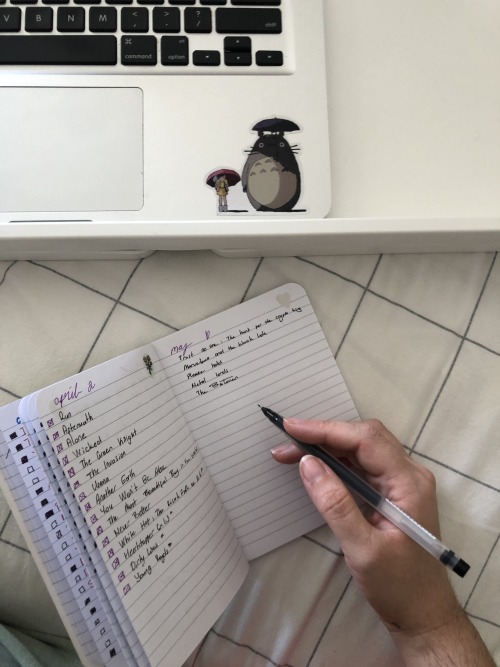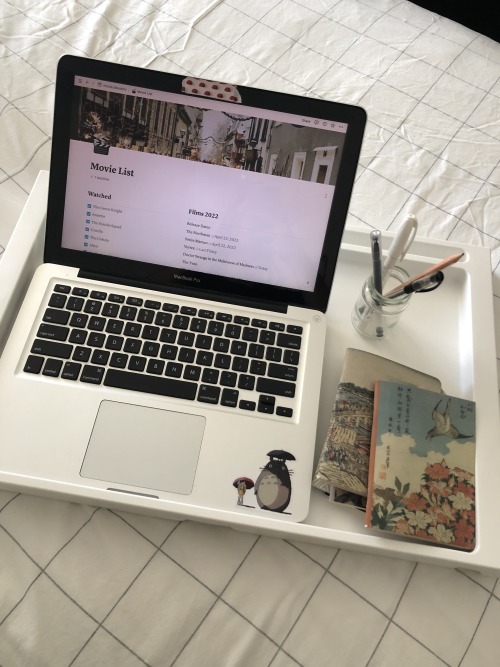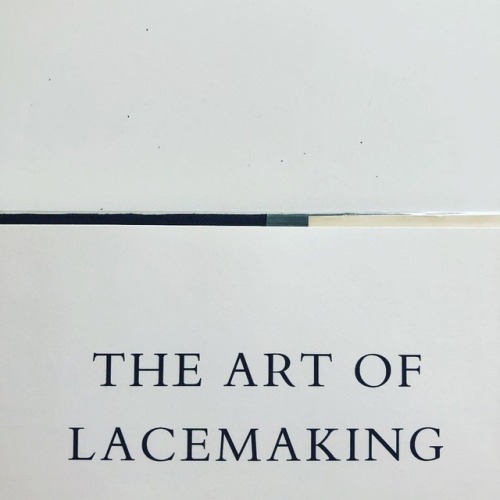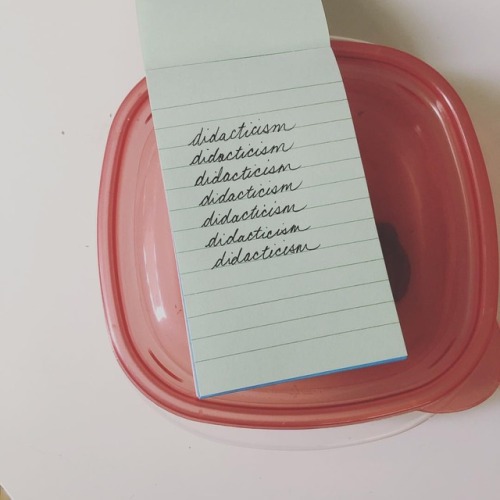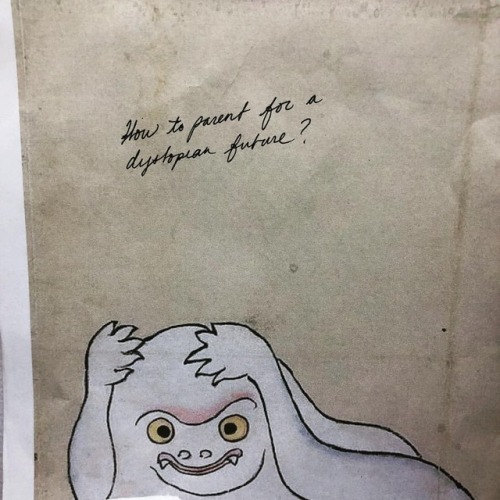#researching
WEBSITES FOR WRITERS {masterpost}
- E.A. Deverell - FREE worksheets (characters, world building, narrator, etc.) and paid courses;
- Hiveword - Helps to research any topic to write about (has other resources, too);
- BetaBooks - Share your draft with your beta reader (can be more than one), and see where they stopped reading, their comments, etc.;
- Charlotte Dillon - Research links;
- Writing realistic injuries - The title is pretty self-explanatory: while writing about an injury, take a look at this useful website;
- One Stop for Writers - You guys… this website has literally everythingwe need: a) Description thesaurus collection, b) Character builder, c) Story maps, d) Scene maps & timelines, e) World building surveys, f) Worksheets, f) Tutorials, and much more! Although it has a paid plan ($90/year | $50/6 months | $9/month), you can still get a 2-week FREE trial;
- One Stop for Writers Roadmap - It has many tips for you, divided into three different topics: a) How to plan a story, b) How to write a story, c) How to revise a story. The best thing about this? It’s FREE!
- Story Structure Database - The Story Structure Database is an archive of books and movies, recording all their major plot points;
- National Centre for Writing - FREE worksheets and writing courses. Has also paid courses;
- Penguin Random House - Has some writing contests and great opportunities;
- Crime Reads - Get inspired before writing a crime scene;
- The Creative Academy for Writers - “Writers helping writers along every step of the path to publication.” It’s FREE and has ZOOM writing rooms;
- Reedsy- “A trusted place to learn how to successfully publish your book” It has many tips, and tools (generators), contests, prompts lists, etc. FREE;
- QueryTracker - Find agents for your books (personally, I’ve never used this before, but I thought I should feature it here);
- Pacemaker - Track your goals (example: Write 50K words - then, everytime you write, you track the number of the words, and it will make a graphic for you with your progress). It’s FREE but has a paid plan;
- Save the Cat! - The blog of the most known storytelling method. You can find posts, sheets, a software (student discount - 70%), and other things;
I hope this is helpful for you!
(Also,check my blog if you want to!)
Friday Setup and Morning Bullet Journalling
It’s obviously not morning anymore. I’ve forgotten to write down the films and tv series I’ve watched this month but there were a lot of interesting ones I’ve seen like The Batman. I’ll maybe share the reviews here when I manage to write on my blog. I’ve been studying on my desk for really long
Post link
How to Research for Your Craft
In the past I made a post talking about why research is important. Half of witchcraft is research, like it or not. Now I’m here to provide a sort of guide on how to research information for your practice. Anybody can follow this, beginner or advanced.
Initial Thoughts
Think about what you want to research. What are you looking for exactly? If you want to research multiple topics, write them down or keep a note on your phone. Don’t stress yourself trying to research multiple topics at once. Research them one at a time, and don’t move on to the next topic until you feel comfortable with how much you’ve learned about the current one. Normally, I recommend for beginners to start with cleansing, protection, warding and banishing. Those are necessities, in my opinion.
Finding Resources
Google is free, so that is where y'all will start. Try looking up the topic you’re looking for (you may want to add “witchcraft” somewhere in your search, depending on the topic). You can find information on Tumblr, Instagram and other blog sites. You can also find information on Tiktok and Discord servers. This is the easiest way to find resources.
Books are the next thing to consider. I know some of you don’t like reading, aren’t in a living situation where you’d be safe buying occult related books or don’t have the money to buy books in abundance. I’ll be addressing multiple things regarding this.
I think a few reasons some people don’t want to buy books is because they don’t know what books give good information, they feel pressured to buy dozens of books or they aren’t confident in their ability to read. Here is the thing: research takes time. So does developing your craft. Don’t rush your studies for any reason. There is much for you to learn and practice, and that will always require time and patience. If you can buy a physical copy of the book, buy them one at a time. Wait for them to be on sale if you must. Just don’t overdo it by buying multiple books at once. Also, don’t buy a book without looking at the reviews and researching the author (will be talking about this more).
If you can’t afford physical copies of books, try finding pdf copies of books. There are websites that have pdf copies of books, and some Discord servers have libraries of pdf books. This is a more accessible way of finding and reading books. (I still strongly suggest trying to buy physical copies, though. Good authors deserve financial profits for the time and energy they put into writing books to share their knowledge.)
The final resource is people. There are many people online who practice witchcraft and magick. If the person is comfortable with answering questions, ask them (always check to see if they are comfortable with teaching on their social media first). Some practitioners have Discord servers or Patreons where they teach. Being able to talk to other practitioners about their craft and beliefs can be beneficial. That being said, don’t be a disrespectful bitch and demand to receive information from people on witchcraft. You aren’t entitled to know everything about a person’s craft, and not everybody wants to be a teacher on social media. Teaching can get exhausting. As I mentioned earlier, check and see if they are comfortable teaching on their social media accounts.
Checking for Red Flags
When researching for your craft, you will always want to check for red flags. There is a lot of bad information out there and you need to know how to spot it. Here is a link to my post about red flags in witchcraft and magic.
Cross Referencing
Cross referencing your sources is essential for a variety of reasons. Some sources will have good information that others don’t. One source may give a different perspective than another, and that doesn’t make one more reliable than another by default. If you looked at my post explaining red flags, you know why.
No matter who the person is or how highly they are spoken about, always look for more resources regarding the topic you are researching. See what other people have to say, even if their opinions are considered “unpopular”. Sometimes the people who have unpopular opinions can offer a valid perspective.
Consider the Mundane
Sometimes you don’t need to strictly think about something in a “witchy” manner. For a few topics, I would consider looking at things from a mundane or cultural perspective. For color correspondences, I like to look at how colors are viewed from a psychology standpoint. You may also want to consider a cultural perspective, too, because different cultures may view colors differently. For plant correspondences, I like to think about the medicinal uses for plants.
️Taking Notes
Whether it be physically writing all your notes or just typing them in a document, I would try to keep some sort of documentation on what you are learning. The initial notes would only be a rough draft of sorts, so don’t focus on making it look pretty. Focus on documenting the things you are learning, what seems to be most accurate, what seems to be questionable… Cross out information that you have found to be inaccurate. Circle something that inspired you or you want to look into deeper. Take note of where you are finding the information.
Coming to Your Own Conclusions
There are some things that are a little more set-in stone than others, but some things also require you to decide what you believe. Take all of the information you have learned and documented into consideration. Experiment with it. See what works for you and what doesn’t.
stuck waiting on new rughooking tools so i’m teaching myself my next skill - thanks #torontopubliclibrary #theartoflacemaking #anncollier - #richelieu and #italiancutwork are what I really want to learn how to do #fibreartist #researching #kathrynruppertdazai #inthestudio
https://www.instagram.com/p/BsYYyEYnSmO/?utm_source=ig_tumblr_share&igshid=1f0eajixp3ouc
Post link
#didacticism #sosatisfying #researching
https://www.instagram.com/p/BrTPeYuHac4/?utm_source=ig_tumblr_share&igshid=i1m3dg6dxlg7
Post link
#researching for an artwork or maybe #oped - How to parent for a dystopian future? maybe a book exists already?? #goingdownarabbithole
https://www.instagram.com/p/BrQAgkuHsHD/?utm_source=ig_tumblr_share&igshid=1vebzcckbus0i
Post link

